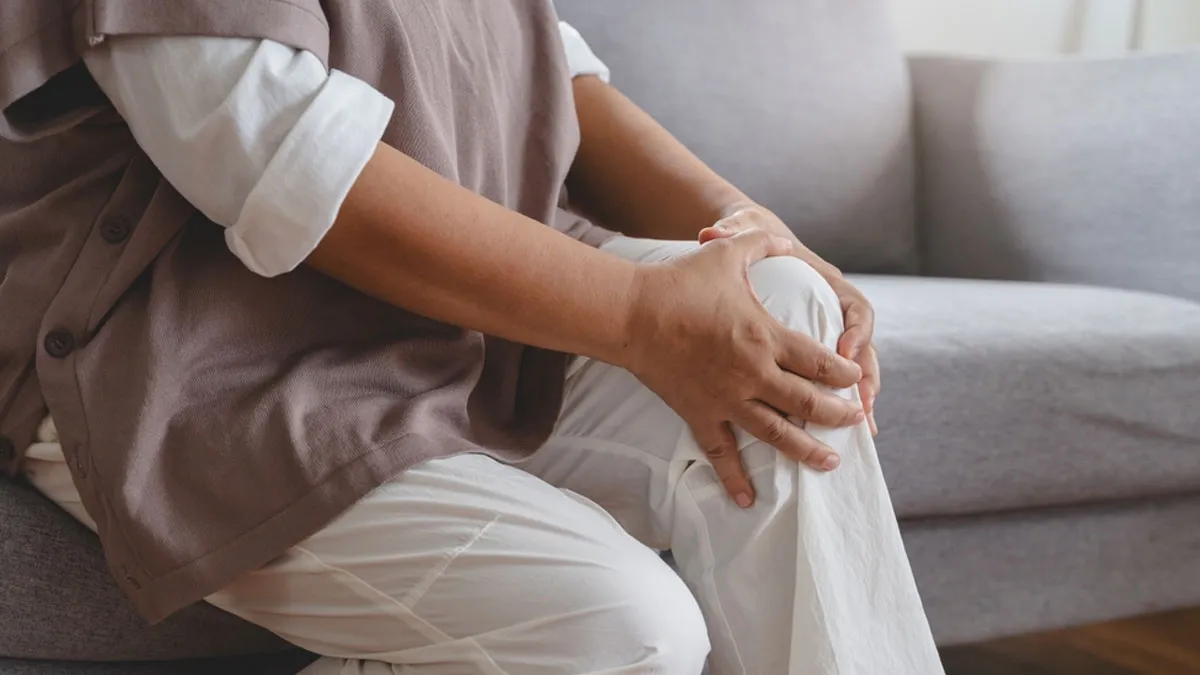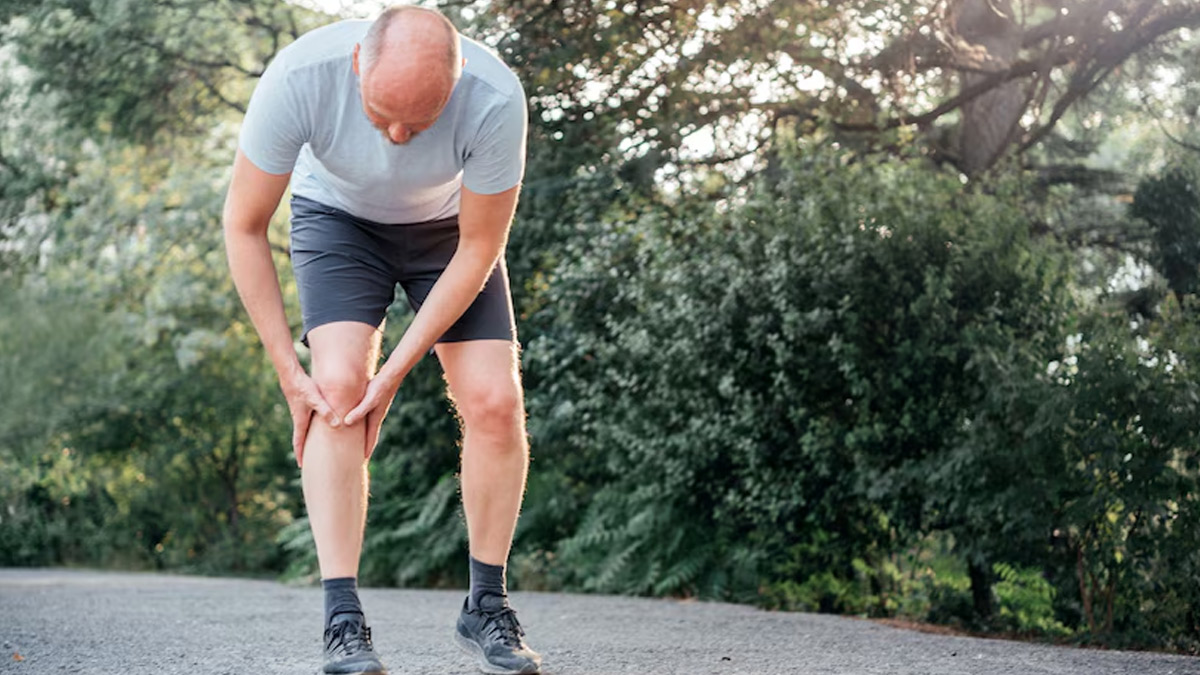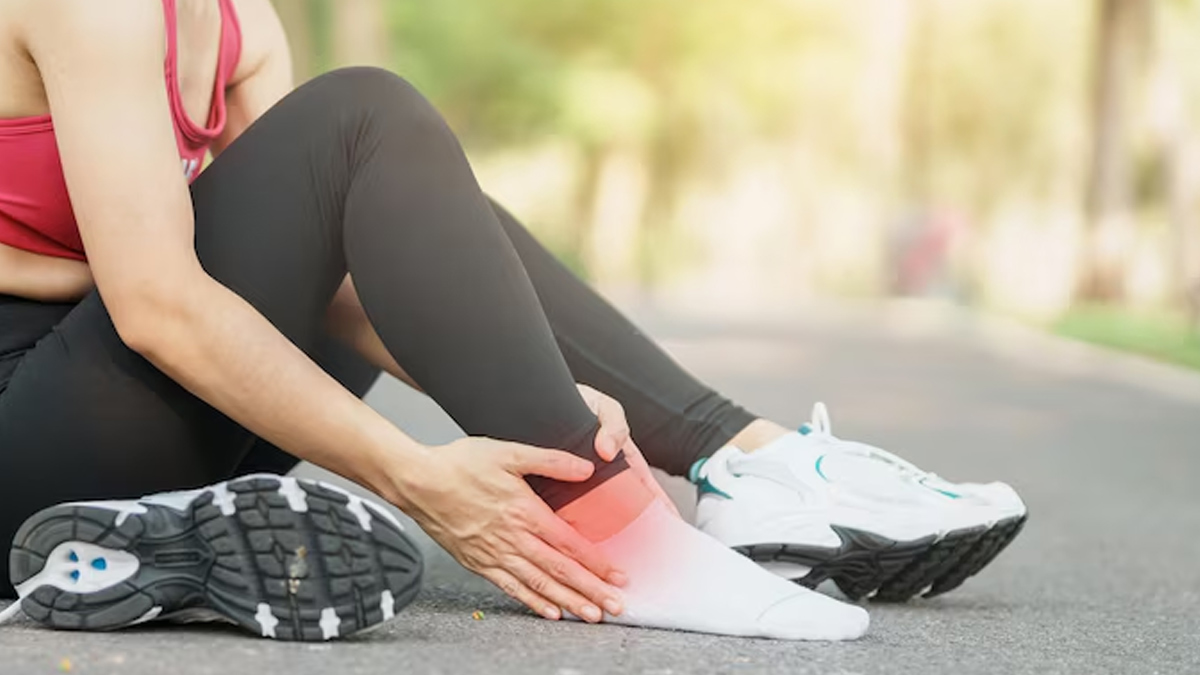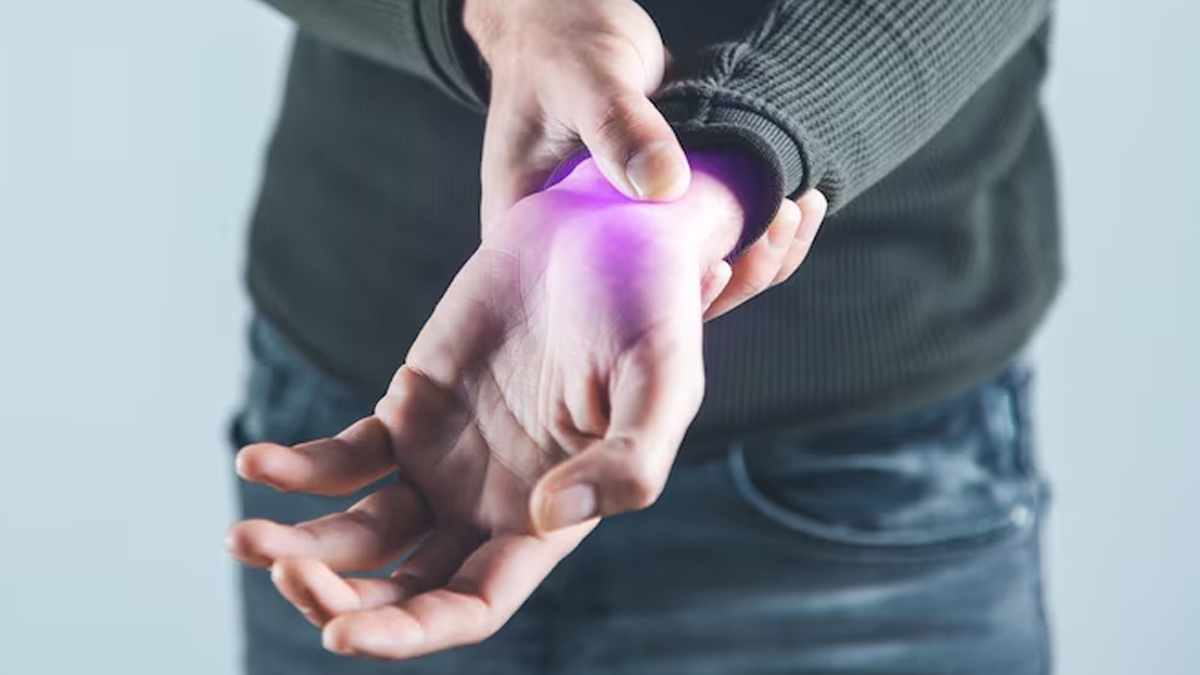
Winter is a season of cosy blankets, warm beverages, and festive cheer, but for many, it also brings an unwelcome guest, increased joint pain and stiffness. The drop in temperature doesn’t just send shivers down your spine, it can also aggravate various orthopaedic issues, making everyday movements a challenge. Whether it’s arthritis acting up, tendonitis flaring, or the dreaded frozen shoulder, the cold weather has a way of intensifying discomfort.
Table of Content:-
However, these orthopaedic issues can be taken care of with the right preventive measures. For this, we turned to Dr Vishal Lapshia, Consultant Orthopaedics and Robotic Joint Replacement Surgeon, AIMS Hospital, Dombivli, Thane, for some expert advice.
1. Joint and Knee Pain

Studies have shown that colder temperatures often stiffen the joints and knees, leading to increased pain and discomfort. "During the winter, the temperature starts to drop. This can easily stiffen your joints and knees, making them more painful," explains Dr Lapshia.
To manage and prevent joint and knee pain during winter:
- Wear warm clothes to insulate your joints from the cold.
- Take warm baths to improve blood circulation and reduce stiffness.
- Use heated pads for targeted pain relief.
By keeping the joints warm and maintaining mobility, you can alleviate much of the discomfort associated with this condition.
2. Tendonitis

Tendonitis, or the inflammation of tendons, is another condition aggravated by colder weather. "Due to lower temperatures in the winter, your muscles and tendons can become stiff, increasing the risk of tendonitis," says Dr Lapshia.
Here’s how to combat it:
- Stay physically active with regular exercises and stretches to maintain flexibility.
- Engage in light warm-ups before heading outdoors or starting your day to prepare your tendons for movement.
This approach not only helps avoid tendonitis but also improves overall joint health.
3. Bursitis
Bursitis occurs when the small fluid-filled sacs (bursae) that cushion the joints become inflamed, causing pain and restricted movement. Cold weather can worsen bursitis due to reduced blood flow and muscle stiffness. Dr Lapshia advises, "To prevent bursitis from worsening in winter, one needs to stay physically active and maintain a consistent routine. Using heat packs can help reduce inflammation while providing much-needed relief."
In addition to heat therapy:
- Consider low-impact exercises like swimming in a heated pool or cycling indoors.
- Avoid staying in the same position for prolonged periods.
These measures can help reduce flare-ups and improve mobility.
4. Arthritis

Arthritis is perhaps one of the most commonly known conditions that worsen during the colder months. "Winter can exacerbate arthritis symptoms," notes Dr Lapshia. "Cold weather can stiffen your joints and reduce blood flow, making even slight movements more difficult."
To ease arthritis symptoms:
- Keep joints warm with thermal clothing or heating pads.
- Engage in indoor exercises like yoga or light stretching to improve blood circulation and joint flexibility.
- Additionally, maintaining a balanced diet rich in anti-inflammatory foods can further support joint health.
5. Frozen Shoulder
Frozen shoulder is a condition where stiffness and pain in the shoulder joint limit movement. Winter can worsen this condition as people tend to move less in the cold. Dr Lapshia cautions, "People with frozen shoulders should be cautious during the winter as they may notice more stiffness than usual. Gentle stretching regularly can help improve mobility."
To prevent further stiffness:
- Perform gentle range-of-motion exercises daily.
- Use hot compresses to relax the shoulder muscles.
- Consistent activity and warmth are key to managing this condition effectively.
Conclusion
Winter's chill may exacerbate several orthopedic issues, but simple lifestyle modifications and proactive measures can help reduce discomfort and improve quality of life. As Dr Lapshia aptly puts it, "Staying physically active, using warmth as a therapy, and maintaining a consistent routine can make all the difference."
By incorporating these tips into your daily routine, you can enjoy the winter months without letting orthopedic pain dampen your spirits.
Also watch this video
How we keep this article up to date:
We work with experts and keep a close eye on the latest in health and wellness. Whenever there is a new research or helpful information, we update our articles with accurate and useful advice.
Current Version